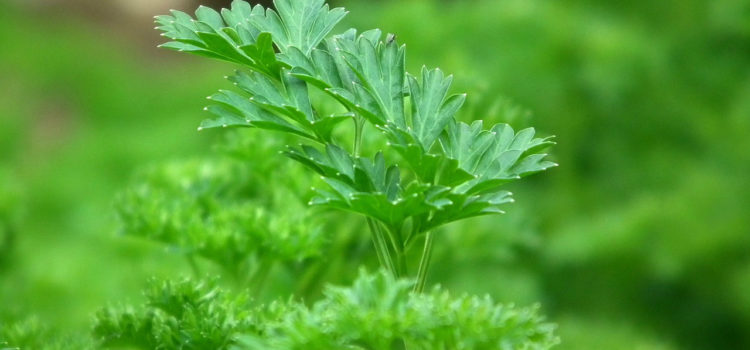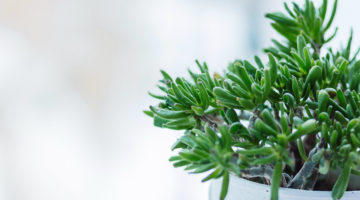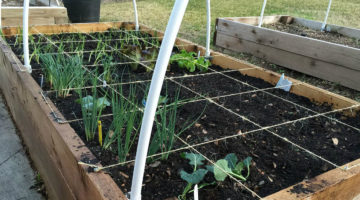Nowadays, when the world is experiencing a lot of climate issues caused by pollution, people are starting to realize that there is need for some serious changes in our lifestyles. And one of these changes are sustainable principle application in our everyday lives. For example, trying to use more sustainable transportation, choosing environmentally friendly household products and even practicing ethical gardening
Many people think that gardening itself is sustainable and environmentally friendly, but is it really so? Can we really say that we are not causing any damage to the environment by gardening? Probably not, and that is why ethical gardening was borne.
Ethical gardening is type of gardening, where only sustainable and environmentally friendly maintenance, planting and harvesting methods are being used. That can be achieved by minimizing our intervention in the natural process of plant growing. In the wild, plants grow by themselves, without any help from chemicals and other harmful gardening methods, which means that garden plants are more than able to grow without the sometimes harmful gardening tactics many of us are practicing. So why do it at all then, if they only harm our environment?
Organic weed and pest control methods
Almost every gardener these days uses at least some chemical to avoid weeds and insects, because they minimize the yield. Of course, there is no sense to keep a garden, if you can’t grow anything in it, but instead of using chemicals, it is possible to use organic weed and pest control methods. Like it was mentioned before, in the wild, everything grows by itself, even if weeds and insects are present. That is because in nature everything is in balance and weeds and insects have natural enemies too keep their population to a minimum. And you can use them to fight against unwanted guests is your garden as well. For example, ladybugs eat aphids, so if you have a problem with aphids you can bring some ladybugs into your garden. Also, you can build a bird or bat cage near your garden, because, since they eat all kinds of insects, they will help you combat the pests in your garden, too. And you can fight against weeds in organic ways as well, for example, smother them with leaves, or find bugs who eats only the specific weeds and bring them into your garden.
Composting
One of the most common methods of ethical gardening is composting. Composting means that all the garden waste is used for fertilization or other gardening processes. 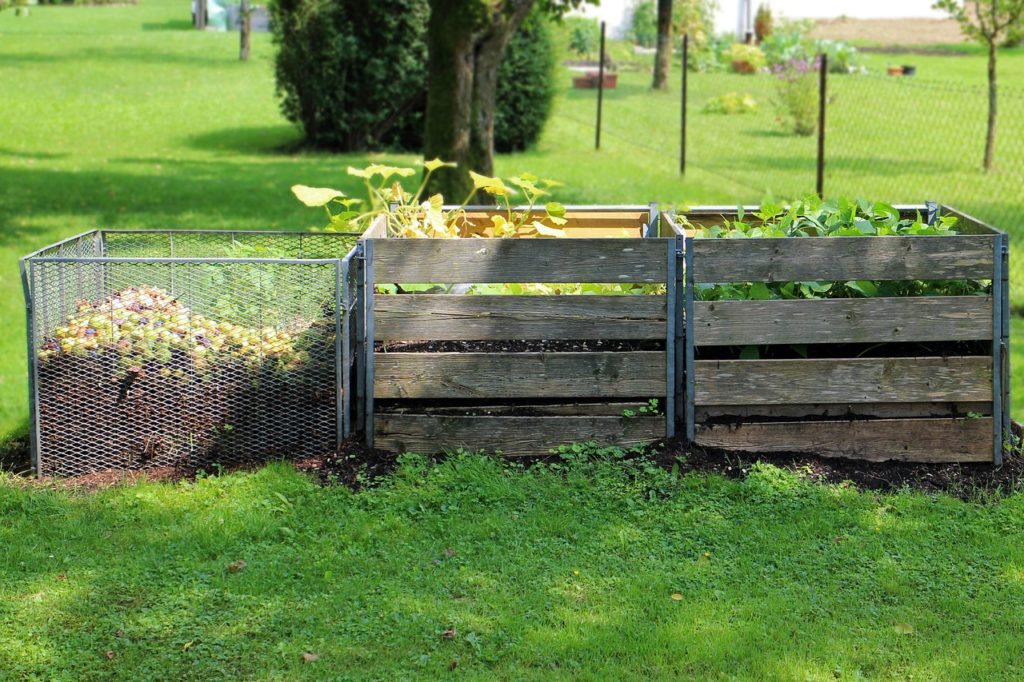 By composting less material is going to the landfills, and compost is a great garden fertilizer as well, so you will kill two birds with one stone, be more mindful towards the environment and help your garden to produce bigger yields. There are many composting methods out there, for example, you can just cover your garden with leaves for the winter and let them naturally decompose, or you can create specific compost bins for creating specific types of fertilizers. Either way, by composting you will only do good for your garden, because all composts contains valuable organic compounds that promote plant growth. And you won’t need to use store-bough minerals to pollute your garden with unnecessary chemicals.
By composting less material is going to the landfills, and compost is a great garden fertilizer as well, so you will kill two birds with one stone, be more mindful towards the environment and help your garden to produce bigger yields. There are many composting methods out there, for example, you can just cover your garden with leaves for the winter and let them naturally decompose, or you can create specific compost bins for creating specific types of fertilizers. Either way, by composting you will only do good for your garden, because all composts contains valuable organic compounds that promote plant growth. And you won’t need to use store-bough minerals to pollute your garden with unnecessary chemicals.
Grow native plants
In each place climate is different, and foreign climates plants will need a lot of cherishing for them to grow. You can’t expect to grow exotic plants without using special fertilizers and without regular watering. Native plants, however, don’t need that much care. They are already accustomed to the climate and natural lighting, rain water and wind will be enough for them to grow and produce large harvests. So growing only native plants means less soil additives and supplements, therefore much more natural gardening practice. One that is ethical and eco-friendly.
Save your own seeds
But ethical gardening isn’t only about what you are doing in your own garden. It is also about what kind of gardening methods you support as a part of the gardening community. If you are buying seeds form seed companies that use chemicals to grow and process their seeds, you are still supporting unsustainable agriculture. Just like plants grow from seeds, ethical gardening needs to start from the seeds as well. So save your own seeds, at least the ones which are easy to save such as peas, beans, peppers, tomatoes, or choose to buy seeds from companies that use environmentally conscious methods to produce their products. This way you will be truly be able to practice ethical gardening, and you will be helping others continue to do so as well, by buying their seeds and supporting their ventures.
Resource conserving principles
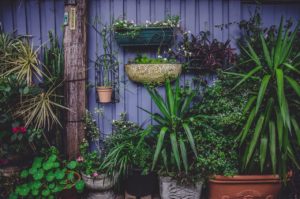 When designing your garden and landscape, it is very important to consider resource conserving principles to protect the soil and plants. Firstly, you should use natural or recycled materials to build walking paths, fences, plant containers, you name it. And secondly, it also refers to the placement of your plants. For example, create natural shade for the shade-loving plants with trees and bushes, and place the water-loving plants in moist areas or near any water source you gave in your garden, because it will provide the perfect conditions for the plants and you will have to care for them less often.
When designing your garden and landscape, it is very important to consider resource conserving principles to protect the soil and plants. Firstly, you should use natural or recycled materials to build walking paths, fences, plant containers, you name it. And secondly, it also refers to the placement of your plants. For example, create natural shade for the shade-loving plants with trees and bushes, and place the water-loving plants in moist areas or near any water source you gave in your garden, because it will provide the perfect conditions for the plants and you will have to care for them less often.
Conserve water
Lastly, since water is one of the most important resources on Earth, we all need think of methods how to conserve it and avoid unnecessary consumption of it. One of the easiest ways how to do it in regards to gardening, is by collecting rain water. This way no water is being wasted and you can use this rain water more efficiently, for example, using it to water your plants. On top of that, you should also protect the water and prevent water pollution, by avoiding to use pesticides, herbicides or other chemicals, that you can definitely go without, since it is not uncommon for these chemicals to seep into the groundwater and that way polluting it.
These ethical gardening methods will make gardening not only more sustainable and environmentally friendly, but also more efficient. So implement them in your gardening practices, to do less harm to the environment and to grow greener and cleaner crops.

